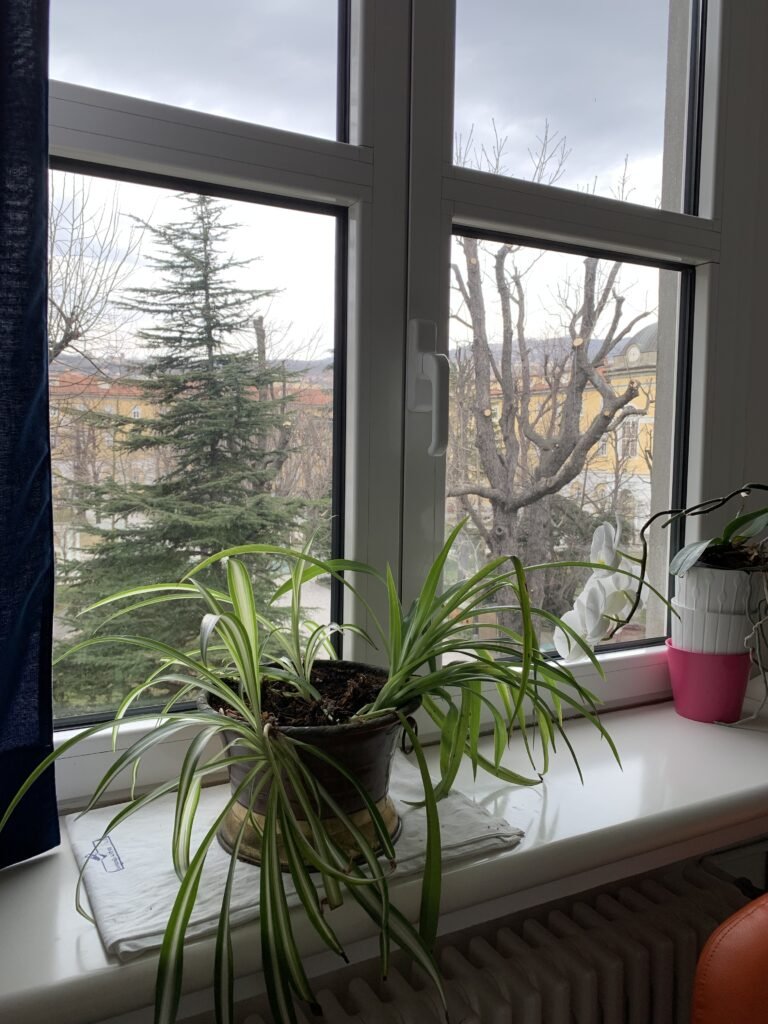It's a Family Affair
By marginalizing family connection and involvement in America, we are weakening prospects for a better life and recovery for people suffering from mental illness.
For the past two days, I have been able to witness a familyintervention involving a 79-year old woman, Antonella, with a chronic health conditionand bipolar disorder. Yesterdayafternoon, when I arrived at the ServizioPsichiatrico di Diagnosi e Cura (thepsychiatric ward at the central hospital), Dr. Alessandra Oretti askedAntonella and her 90-year old husband, Luciano, for permission to allow me to sit in on theirconversation. Luciano had arrived tospend the afternoon with his wife, and brought things to cheer her up,including her favorite perfume, a magazine, a photo album and, best of all,him! (As has been my custom with thesestories from Trieste, I have changed the names.)
The previous day, Antonella had been in the emergency room. She had attempted to take her life byingesting 20 prescription pills intended for her medical condition. Over the past two months, she had descendedinto a deep depression.
View from Dr. Oretti's office
That morning, before the arrival of her husband, Antonella had informed Alessandra that though her body was alive, her spirit was dead.
With the arrival of Luciano, Alessandra patiently began to capture the family story. This is one aspect of the Trieste system I find quite remarkable -- the care and attention devoted to understanding the complete context that defines a person, and to involve the family where possible.
Luciano and Antonella have been married 55 years. Luciano brought a photo album showing very happy photos from their 50th wedding anniversary, flanked by their three adult children and grandchildren. The joy in Antonella’s face in those photos presented a stark contrast to the flat affect exhibited yesterday. Alessandra asked if one of the adult children could come in and meet with her, and it was agreed that the youngest son would come in on Thursday during lunch. Luciano described this son as the “family manager.”
Antonella’s onset of bi-polar disorder commenced in her 50’s, something I was surprised to learn, having been under the impression that it would only surface in one’s 20’s or 30’s.
So today at noon, the son arrived, and we had a private meeting with three members of the DSM team, one of which was a psychiatrist with the Domio Community Mental Health Center, which is located in the catchment area where they live. It was a 75-minute meeting -- hearing in great detail from the son as to the family dynamics that are involved in trying to keep his elderly parents safe. And then the parents were invited in to further discuss and to listen to Alessandra’s proposal about a plan to more forward.
Because my Italian is still quite limited, I find myself listening predominantly with my heart. I ask clarifying questions later. This is what my heart told me:
Luciano loves his wife very much. Frequently, yesterday and today, he would hold her hand, stroke her arm, lovingly touch her face. For a 90-year old man to have has wife in this condition must be very unsettling.
Luciano and Antonella’s son, the family manager, is experiencing the frustration that many of us feel in addressing the needs (and safety) of our aging adult parents. When Alessandra suggested that there be in-home assistance to help with shopping, cleaning and laundry - Luciano rebelled at that prospect. This 90-year old man, who still wants to drive his car, is struggling with the challenges to his independence.
Alessandra is trying to both navigate these family dynamics, and present a programme of care that will stabilize Antonella, treat her depression, provide a plan of physical therapy to restore her strength,and refer her to an interim facility (a residenza sanitaria assistenziale or RSA). For that service, she will work collaboratively with the health agency. After the RSA, it is hoped she can return home, but they will need assistance.
People might argue:
well, Italy is family-oriented,
America is not.
Says who?
The team today in the psych unit at Ospedale Maggiore. From L - R: Dr. Alessandra Oretti; Angelo, nurse; Serena, psychiatrist; Daniela, chief nurse on phone; Sabina, nurse
What screams out to me in these interactions over the past two days is, again, the importance of family. How can you possibly navigate a path forward without knowing family dynamics or involving the family where appropriate? People might argue: well, Italy is family-oriented, America is not. Says who?
We must re-think this. Even if family members live outside of Los Angeles (which quite often will be the case), there are three things that connecting with family will facilitate in addressing the needs of a mentally ill individual:
Context. How can you treat a person without knowing their full story?
Connection. Knowing that family is available decreases the sense of isolation. Family members may be persuasive at critical times in helping a loved one make a decision to pursue treatment or avoid a disastrous consequence.
Resources. In some cases, a family member might help - especially with respect to homeless individuals. There may be the ability to access funds to help pay for housing or clothing or ancillary needs. Why do we turn our back on this type of assistance?
I would love to hear comments back from family members impactedby mental illness with their loved ones on their experiences. I witnessed Dr. Alessandra Oretti devote wellover two hours to this one family over two days, but the result was a plan thateveryone agreed to, along with phone numbers exchanged in case something goeswrong. To me it appeared to be time wellinvested.



